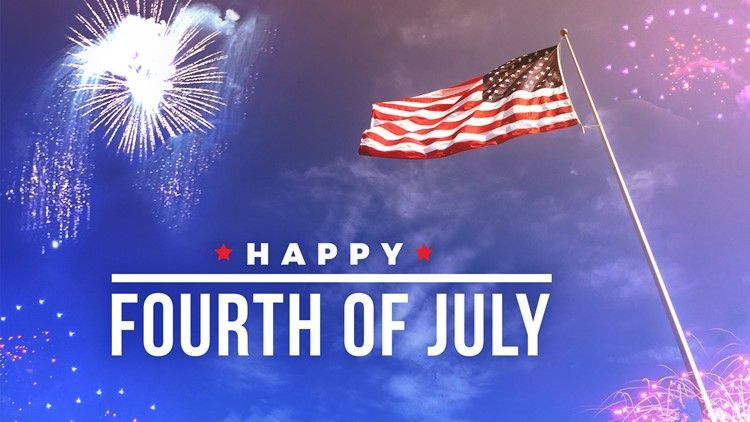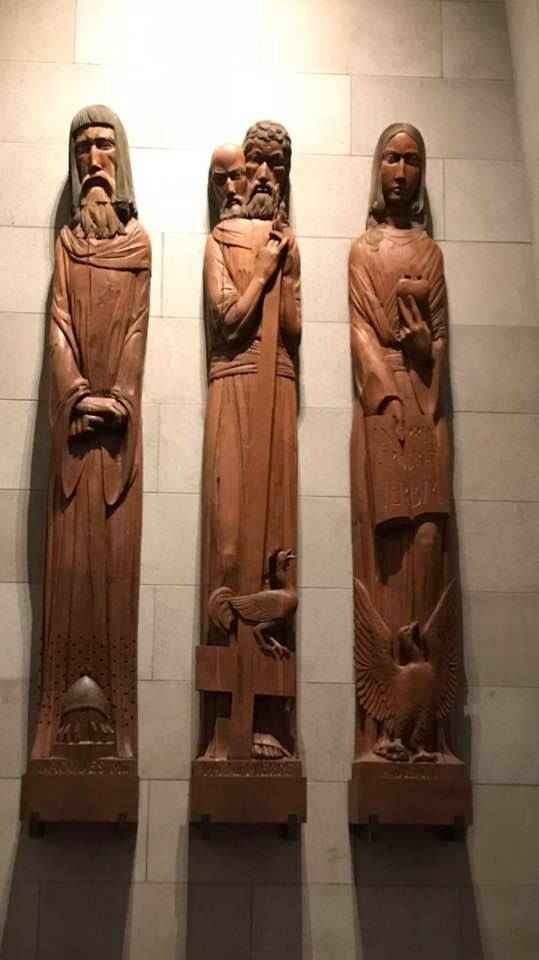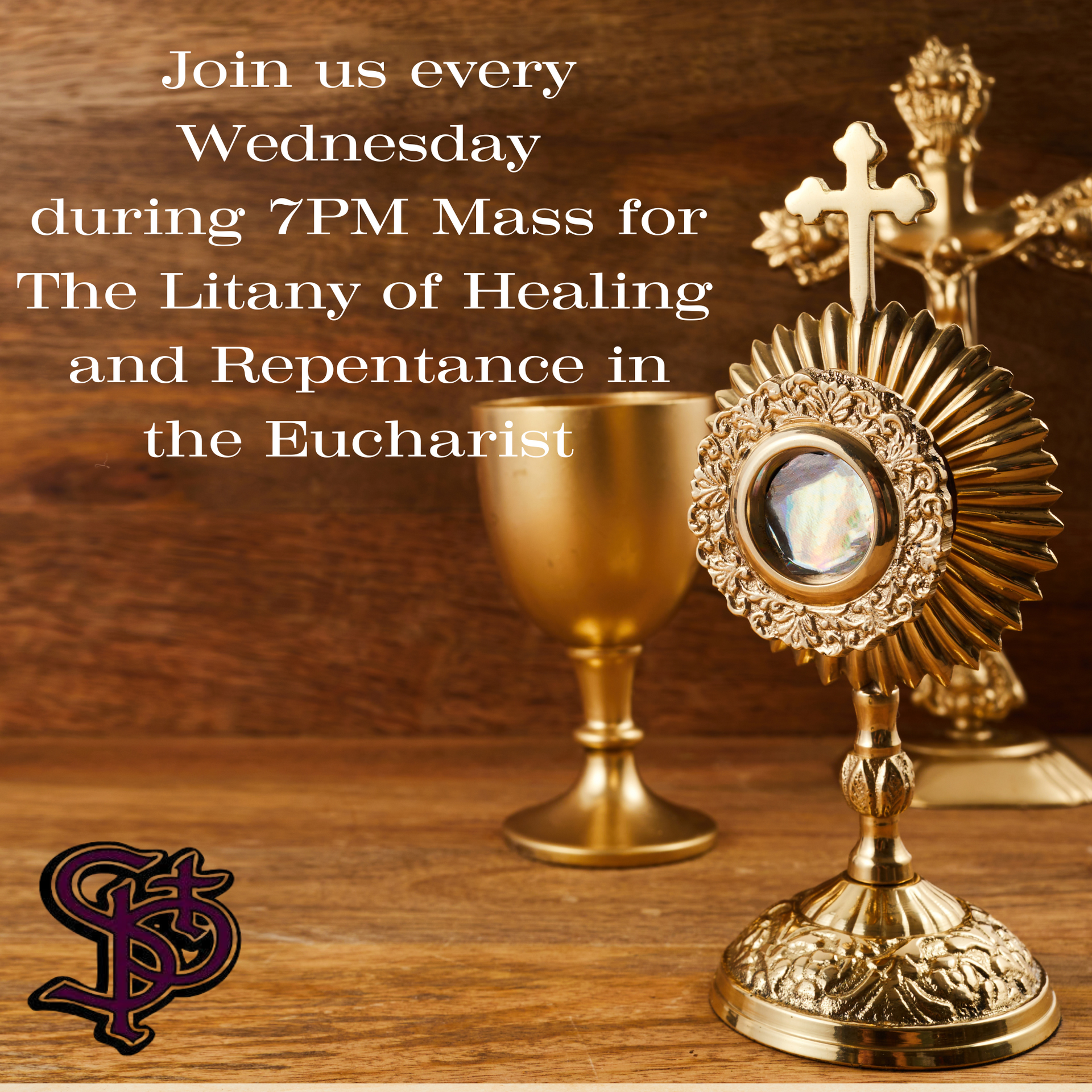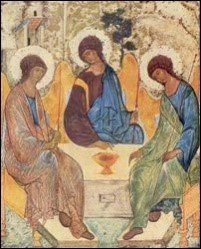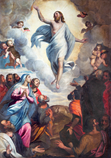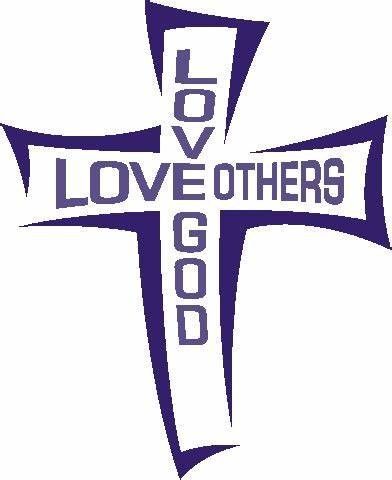Talking and Listening Reflect Our Actions
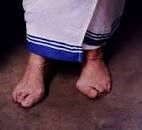
Joke: A man and his wife are arguing about who should brew the coffee each morning. The wife says, “You should do it because you get up first, and then we don’t have to wait as long to get our coffee.” Husband says, “You are in charge of cooking around here and you should do it because that is your job, and I can just wait for my coffee.” The wife replies, “No, you should do it, and besides, it is in the Bible that man should make the coffee.” The husband answers, “I cannot believe that; show me.” So she fetched the Bible, opened the New Testament, and showed him that at the top of several pages, it indeed says: “Hebrews.”
In all of today’s readings, the Church invites us to reflect on our actions and to discover the motives behind our behavior. Sometimes, we cannot see a connection between our motives and our actions. The question is: How can we correct our motive before we deliver it into action? The Lord instructed Ezekiel to teach people a lesson that is reported in today’s first reading saying, “If I tell the wicked, “O wicked one, you shall surely die,” and you do not speak out to dissuade the wicked from his way, the wicked shall die for his guilt, but I will hold you responsible for his death.” Because the wicket cannot see a connection between his motive and his wicket act the prophet is sent to help others to see it is not that the wicket act just comes naturally, but there is a motive behind the wicket act that the wicket person might not be able to see the connection between his motive and action. But if somehow someone sees his wicket acts behind his wicket motive, and he can help the person recognize his wicket motive, then he does not only help the person, but he also saves himself as well. However, if the wicket person refuses “to turn from his way, he shall die for his guilt, but you shall save yourself” as it continues in today’s first reading. The question is: What is it that kept hold of a person to turn away from his wicket motive to avoid his wicket act?
In the book, Recover to Live, by Christopher Kennedy Lawford, he shares the story of Dr. Richard Rawson, associate director, of UCLA Integrated Substances Abuse Programs. Dr. Richard said that when he was working as an addictions expert in 1984, he was also drinking four or five beers a night, smoking joints, and recreationally doing lots of things. What helped him was that he went to have a physical checkup annually. At his physical checkup, his doctor told him, “Your cholesterol is too high, your blood pressure is too high, your weight is too high.” His doctor would run through a list of things and one question would be: “How’s your drinking, how much are you drinking?” He would lie and say, “Well, I drink two beers every couple of days.” After several checkups, Dr. Richard finally admitted that he had four or five beers every night. His doctor says, “Well look, why don’t we do an experiment? Why don’t you try for a month to reduce your alcohol use and, if you can, down to zero, and come back in a month?” “I did,” Dr. Richard said, “and it was” not easy at all. However, by cutting down his drinking as his doctor advised, and within a month, he lost seven pounds, his lipids and his blood pressure were down. Through the intervention of a doctor, Dr. Richard was able to see the real motive of his sickness and gaining weight. This method is called motivational intervention. The real motive behind his drinking was his denial that he had a problem with drinking and that he would lie to his doctor.
Dr. Richard could hide his drinking problem, but it showed in his physical checkup. Jesus taught his disciples that if anyone sinned against his brother, go and confront that with him. In other words, using the motivational intervention method, when someone hurts us in any way, anyhow, go and point out what and how he hurts us. Dr. Richard would not have known that drinking was a problem for his declining health if his doctor didn’t intervene by doing his physical checkup. Motivational intervention, Jesus taught his disciples in today’s Gospel saying, “If your brother sins against you, go and tell him his fault between you and him alone.” If he listens, that’s good. But if he’s not, “take one or two others along with you.” Why is that taking one or two others to intervene? Motivational intervention is just one of the ways to help us recognize the true motive behind our behavior, and one person might not see what others can see. Jesus, no doubt that he is God when he invites us to bring the issue with one or two others.
Regarding human understanding with this method or that method, Saint Paul reminds us in today’s second reading saying, “Love does no evil to the neighbor; hence, love is the fulfillment of the law.” Love does not only bring healing, but it also helps us to humble ourselves to recognize our wicket motives to avoid wicket acts. Hatred and anger cannot bring healing to the brokenness, but love can bridge the brokenness and can bring to complete the law, the two great commandments that Jesus commands us to do: Love God and love one another. Above all, Jesus invites us to bring our brokenness on our knees in prayer together, and he promises to be there when we gather together. More than physicians, Jesus invites us to acknowledge that we are human beings, and he invites us to come together in prayer when we have conflict with one another. When we gather together in his name, he promises to be in our midst. Just as he cures the disease, he heals the sick, and he even raises the dead back to life in his presence, he can bridge our brokenness, heal our hurt and pain, and cure our illness and sickness. The question is: Do we remember to call on him when we gather together in whatever issue that we try to solve? When we call on him, do we spend time to listen to him? The decision is always yours.


